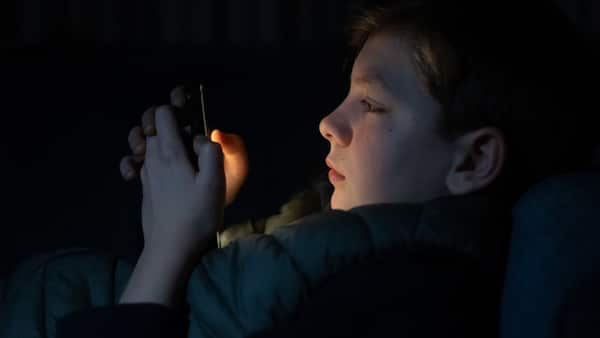Share this @internewscast.com
Here are five insights from her address.
No platform should be excluded
The commissioner said YouTube has mastered “persuasive design features” which drive users down algorithmic rabbit holes.
“YouTube is distinct from social media; it serves as a video streaming service with an extensive collection of free, quality content, with TV screens becoming a preferred choice for viewing,” a representative stated.

Messaging apps have been excluded from the ban. Source: AAP / Yui Mok/PA/Alamy
“eSafety’s advice goes against the government’s own commitment, its own research on community sentiment, independent research, and the view of key stakeholders in this debate, including the 36 Months campaign that spurred this legislation.
Google has urged the government to allow young Australians to continue to access YouTube.
‘Privacy, safety and rights working together’
These technologies are used to assess a user’s age online through methods like uploading ID or biometric face scanning.
“This raises significant policy and practical challenges regarding the execution of the social media ban.”
Many children are interacting with harmful content online
“Perhaps the most troubling finding was that one in seven children we surveyed reported experiencing online grooming-like behaviour from adults or other children at least four years older.”

“This demonstrates that this all-too-human behaviour can migrate to wherever kids are online.”
Shifting the burden to the platforms
The commissioner said the responsibility for managing this “lies, as it should, with the platforms themselves and there are heavy penalties for companies who fail to take reasonable steps to prevent underage account holders onto their services — of up to $49.5 million per breach”.

The eSafety Commissioner says the teen social media ban will provide the time needed to increase children’s digital literacy. Source: Getty / Getty Images
“We are treating Big Tech like the extractive industry it has become,” she said.
“Teaching digital and algorithmic literacy is the closest thing we have to online swimming lessons,” she said.
Unregulated harms of generative AI
“Lessons from overseas have highlighted tragic cases where these chatbots have engaged in quasi-romantic relationships with teens that have tragically ended in suicide.”











